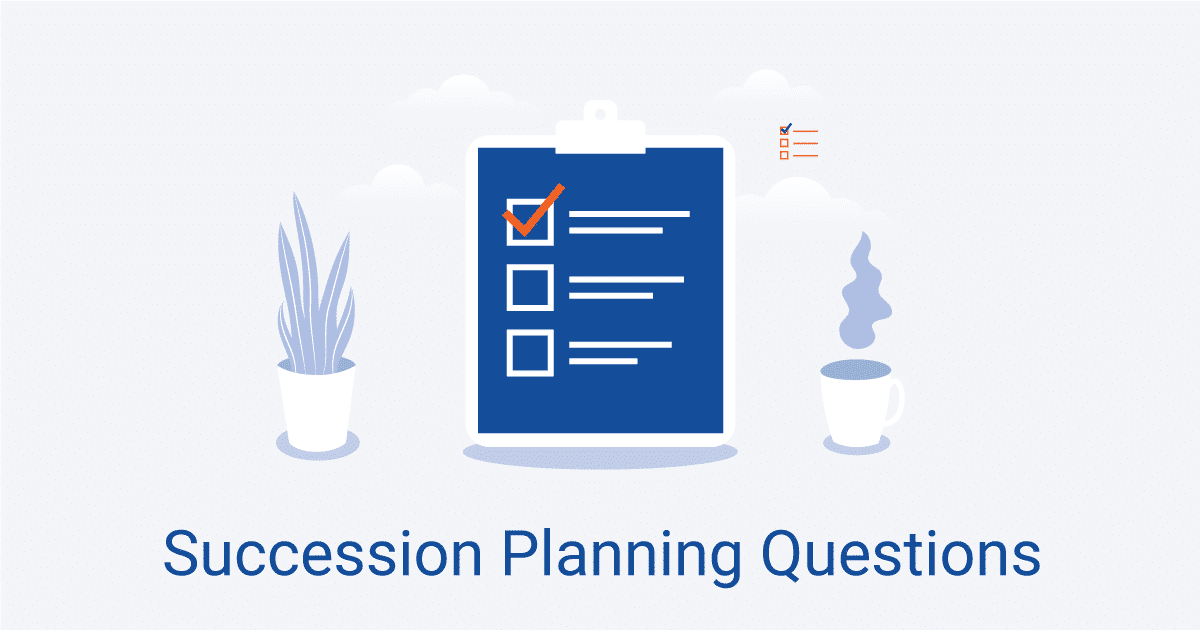A good succession plan is essential to your organization’s future success. Creating one, however, takes strategy, focus and knowing the right questions to ask.
’Succession planning’ is the big industry buzzword right now. Though it may be a buzz word, succession planning is not without its merit. A good succession plan can help identify the next generation of leaders, prevent costly hiring mistakes and increase retention.
The need for effective succession plans is more urgent than ever. Though more organizations are recognizing this need, very few have a dedicated team in place devoted specifically to succession planning. More often than not, executives push the task to the human resources team, who have access to the employee data.
Just having data, however, isn’t enough. It’s knowing how to turn that data into a plan that leads to tangible results. (Or as EMSI’s Rob Sentz puts it: “The data…are just tools: they’re helpful only if they actually produce better results for real people that face real problems.”) And that’s one of the biggest challenges HR faces when it comes to creating a succession plan for their organization.
While it may be hard to make a plan out of the data, it is advised that employers use third-party tools which show users which schools are recruiting and graduating certain candidates with the skills they need. Another useful tip is to find and use data which provides labor market information showing the areas with the highest supply of candidates and the least competitive recruiting landscapes.
Looking Ahead: 7 Essential Succession Planning Questions
Using the past to plan for the future is one of the biggest mistakes employers make when it comes to succession planning. Make sure your succession plans align with the long-term strategic vision of the business. Here are some questions to consider when creating a succession plan for your organization.
- How many people will be leaving the organization– both voluntarily and involuntarily – over the next five to seven years?
- What skill sets will those employees who are leaving take with them?
- Will we recruit externally or promote from within to fill those gaps?
- What’s going on outside the organization that could affect my ability to recruit the employees we need?
- Where is the supply of candidates going to come from?
- Where will our company be in three to five years, and what does that mean for the type of people we will need to recruit?
- What type of training opportunities do we need to provide to ensure our current employees develop the skills we need?
Beyond Data; Culture Matters too
Though having the right data – and using it correctly – is essential to succession planning, it’s important to remember that it’s not the total solution for long-term organizational success. You need to look inside your organization and look at your workforce culture. One of the biggest misconceptions people have about succession planning is that it’s all about the money. Sometimes organizations look too closely at compensation as being the only value proposition when recruiting.
Though the ability to offer competitive compensation can definitely help attract employees, it can’t make up for a poor workforce culture or a weak benefits package when it comes to long-term retention. Companies need to ask themselves what else they can offer. What’s the internal company culture? Money only takes you so far.
Source: TheHiringSite





